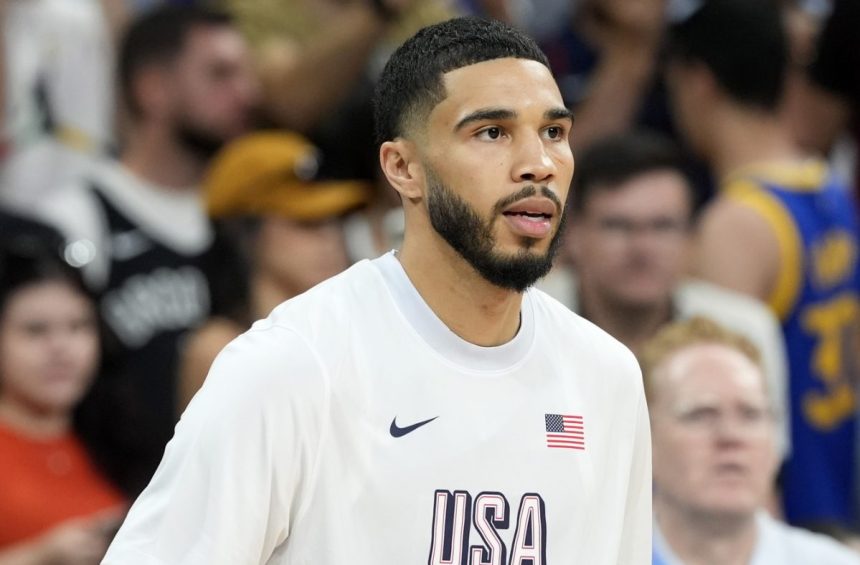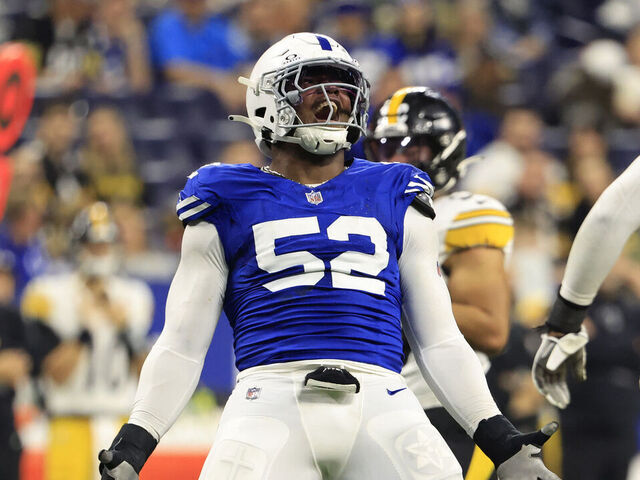When the coronavirus caused nationwide lockdowns in March, state governments captivated a tough financial blow, watching countless tax streams evaporate. Lawmakers’ hunger for new income sources has opened the door for up-and-coming vice industries, like online sports gambling, to fill the void the virus has created in states’ budgets.
The virus has caused immense state deficits
COVID-19 and its economic shutdowns have inflicted a cruel crunch on many states’ finances. The Center on Budget and Policy Priorities found that on average, states will sustain a 10% cut to their tax revenue in fiscal 2020, with a 20% shortfall looming in fiscal 2021.
To name a few examples, New York State forecasts a $14.5 billion shortfall in 2020 revenue, largely due to the ripple effects of the virus. California has seen an exodus of workers and residents, also resulting in massive tax declines. This has created a $54.3 billion “problem” for the general-fund budget in 2020-2021, according to a nonpartisan advisor on the state’s finances. Florida, too, has been hurt fiscally, with Moody’s estimating that the state will have a $16 billion shortage over the next three years.
To help ease the suffering, some lawmakers are pushing online gambling legalization. In New York, Senate Bill S17D is now under review by the Senate Finance Committee in hopes of alleviating the state deficit. California recently sought to legalize sports betting, but the bill did not get the support needed, even with an estimated $195 million in tax benefits.
Looking for the best online betting site and Live betting? Visit Heritage Sports!
The total addressable market is massive — and likely underestimated
The online betting market is enormous, and growing at a staggering rate. In 2019, the first full year of legal sports betting in the U.S., the American Gaming Association (AGA), a gambling industry trade group, found that $13 billion was wagered. This was double 2018’s $6.5 billion. The AGA also found that over 15% of Americans (38 million adults) intended to bet on the 2019 NFL season alone. Another 24% stated that they would bet on NFL games “if it was legal and convenient to do so in their state.”
Although 18 states (including New York) and the District of Columbia have legalized sports betting, most of those places are limiting it to in-person betting. That surely isn’t convenient for a New York City resident, since the closest sportsbook is in East Rutherford, New Jersey. That has led to stories of anxious sports bettors hastily driving from New York City to New Jersey in hopes of making a quick buck by betting on a basketball or baseball game.
New Jersey is one of seven states with legal online sports betting, which lets it to capture easy tax revenue that New York would otherwise rake in during the lockdown. As sports reawakened in June and July, New Jersey saw massive pent-up betting. The state took roughly $165 million in wagers, followed by a month-over-month increase of 91% in July to over $315 million. From this $315 million, the state reaped roughly 9.5% via tax and revenue-sharing agreements, a 65% year-over-year boost.
That $30 million (and growing) monthly tax haul might seem minuscule when you consider New Jersey is looking at a $10 billion budget issue. But legalized sports betting does have fierce, illegal competition, which is estimated to handle $50 billion to $200 billion in bets placed in the U.S.
Since many states only have illicit markets, this $50 billion-$200 billion illegal figure, assuming legalization, is forecasted to rise another $7 billion to $30 billion by way of new customers who’ve been unwilling to bet illegally. This means that the merged value of existing online betting ($13 billion in 2019), illicit betting ($50 billion-$200 billion), and new customers from legalization ($7 billion to $30 billion) leads to a total addressable market between $70 billion and $243 billion (and growing).
The virus has accelerated that timeline by creating massive budget shortfalls for countless states. But investors must be aware that the online gambling industry is not for the faint of heart, as these stocks are some of the most volatile on the market. Make sure you do your homework, have the stomach for 20% to 30% swings, and have the emotional endurance to hold for the long term.
Get all the latest Live Betting and Sport News updates on your social media outlets. Find us on both Facebook and Twitter









